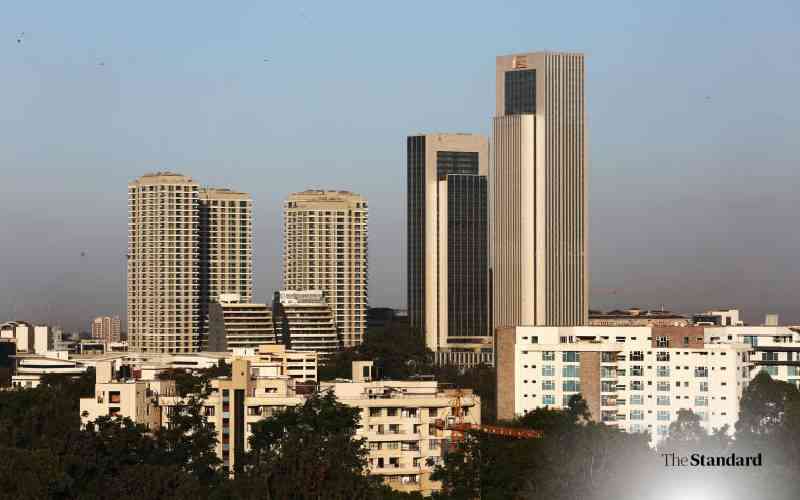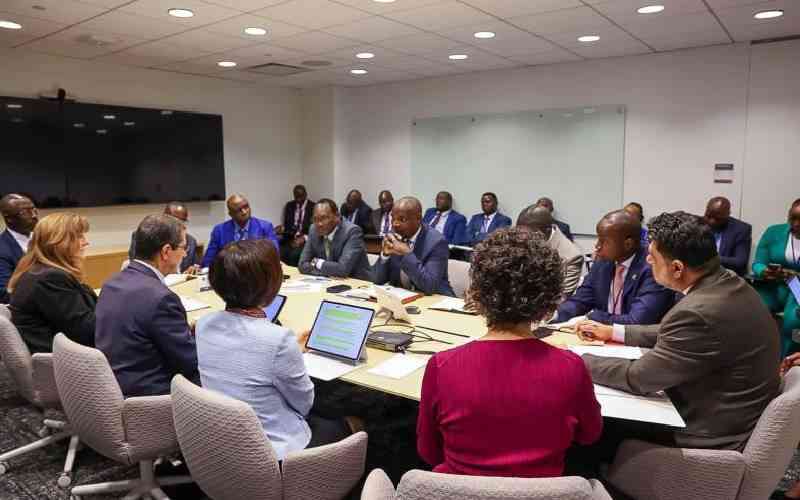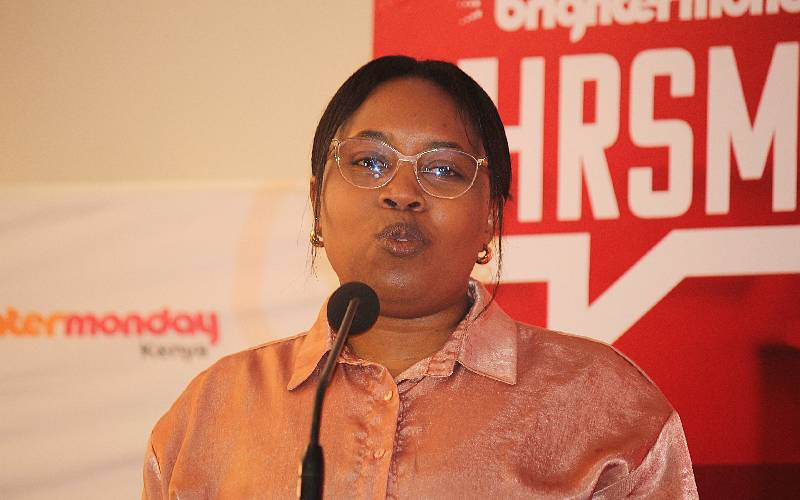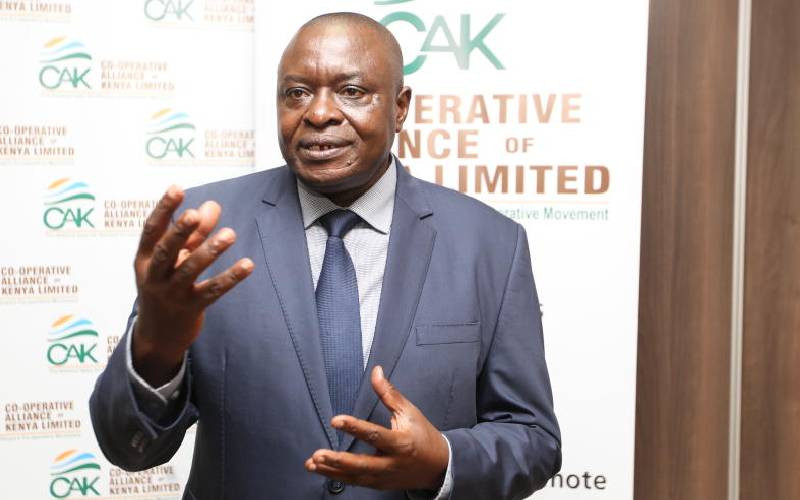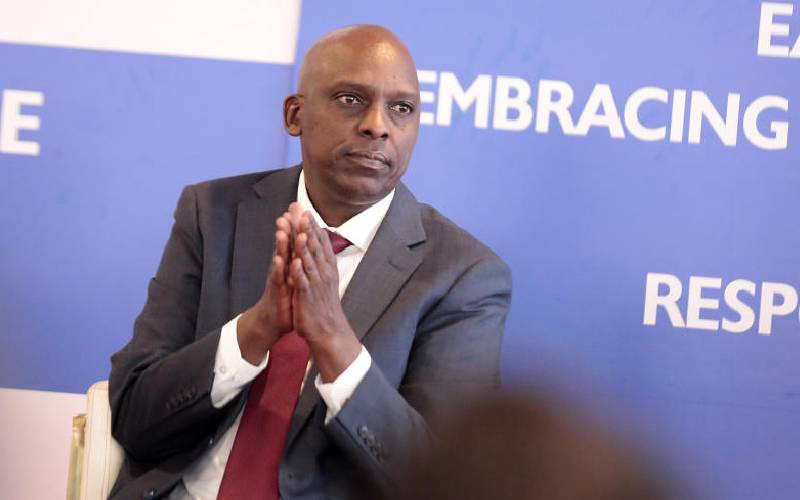
"To remain silent and indifferent is the greatest sin of all." — Elie Wiesel.
No, Mr David Mugonyi. No, Communications Authority (CA) of Kenya. This Constitution is not yours to bend. The recent directive by CA to suspend live media coverage of the Gen Z protests is an affront to Article 34 of the Constitution. It is a violation not just of media freedom but of our collective memory, our civic dignity, and our right to document this moment in time. This is not mere overreach. It is constitutional heresy.
Article 34(2) says it plainly: “The State shall not exercise control over or interfere with any person engaged in broadcasting.” And again, in 34(5)(c) the Media Council of Kenya is created by Parliament to regulate the standards of media content, not CA. The High Court has ruled on this. In 2018, it made it unequivocally clear: CA has no mandate over editorial content. Its role is infrastructure, not ideas.
Mr Mugonyi, you were there. You know this. Yet, this is not new. We’ve walked this dark path before. In January 2018, during Raila Odinga’s “People’s President” swearing-in, media houses were blacked out for daring to cover it. Journalists were threatened. Signals cut. In 2023, under Prof Edward Kisiangani, then PS for Broadcasting, the State toyed with the purse strings, withholding advertising and tenders from media outlets seen as unfriendly. These are not isolated errors. This is a tradition of censorship masked as policy. Let us be plain in truth telling, this is not order. It is fear. When the cameras go dark, so does truth. When journalists are warned, justice is silenced. What are you afraid the people will see? The bleeding? The courage? The betrayal? A state that fears witnesses is a state that fears itself. We are not asking the media to be positive. We are asking it to be present. There is a difference. Media does not exist to flatter power. It exists to check it.
The media is not a threat to democracy. It is one of its pillars. We recall James Madison, architect of the American Constitution, “The advancement and diffusion of knowledge is the guardian of liberty.” Kenya’s media, despite its imperfections, has stood in the gap when institutions faltered. It has told stories that courts were too slow to acknowledge. It has exposed corruption, violence, negligence, and now, the rising of a generation.
The media in Kenya played a pivotal role in the country’s struggle for independence and the broader democratic evolution of Africa. In colonial Kenya, print media such as Muigwithania (founded by Jomo Kenyatta) became platforms for voicing African grievances and mobilising support against colonial rule. Underground newspapers and pamphlets shared by the Mau Mau insurgents were vital in resisting British propaganda and coordinating rebellion. These early media forms helped unify diverse ethnic groups toward a common nationalist cause.
Post-independence, however, the media oscillated between control and resistance. During autocratic regimes, especially under presidents Kenyatta and Moi, state-run media was used to suppress dissent. Yet independent press, like The Weekly Review, emerged as watchdogs, exposing corruption and advocating multiparty democracy.
Across Africa, the liberalisation of airwaves in the 1990s empowered FM radio stations and private newspapers to champion human rights and democratic reforms. In recent years, social media and citizen journalism have challenged State narratives, empowering youth movements and protest culture. All the way from independence struggles to democratic transitions, the media has been both a mirror and catalyst of political change, fostering accountability, civic engagement, and national dialogue across Kenya and the continent.
You do not shoot the lighthouse because the ship is heading for rocks. CA’s actions are not only unlawful. They are cowardly. History will remember this moment, and remember who silenced the story, one Mr Mugonyi the Director General. You were not called to sanitise the national narrative. You were not created to edit out dissent. The Media Council of Kenya (MCK) exists precisely because editorial content must be left to those guided by professional ethics, peer review, and public accountability not political favour. If there are excesses, let the MCK address them. Not armed regulators waving bans like batons. The Constitution is calm yet waiting for the moment to teach you invaluable lessons. It doesn’t shout. It doesn’t plead. But it watches. It records. And one day, in courtrooms, classrooms, and history books, it
judges.
Let it be known: CA is not just in violation of law. It is in defiance of Kenya’s democratic soul. Let the story be told. If the people rise, let it be documented. If the youth scream, let the world hear. If mistakes are made, let them be seen not hidden under silence. We do not grow from manufactured calm. We grow from confronted truths. Tell the story. Not a sweetened one. Tell it raw. Tell it real. We have that right.
Albert Camus once wrote, “A free press can be good or bad, but without freedom, the press will never be anything but bad.” We cannot afford bad. Not now. Not ever. To CA, and to Mr Mugonyi, You were not given power to gag. You were given mandate to protect infrastructure. Stay in your lane. The media is not your enemy. But in trying to silence it, you have become the enemy of the people. Let that be your legacy or your repentance. Not in this era!

